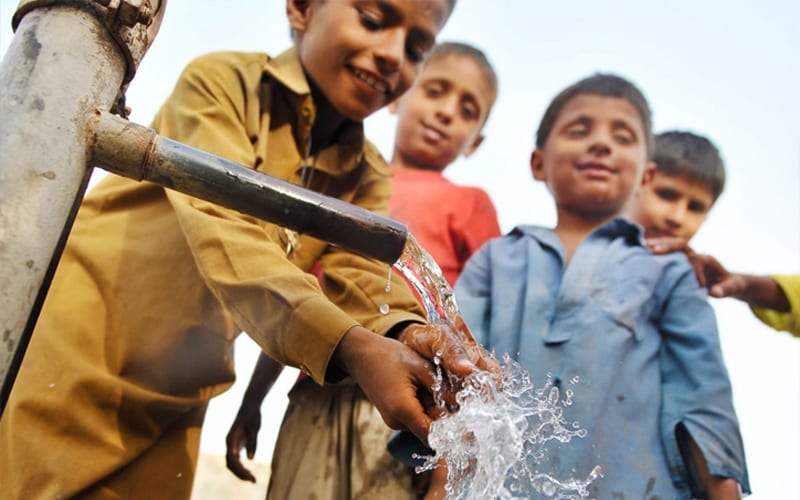Water wells in East Africa

The Situation
East Africa
is experiencing the worst drought to hit the region in 60 years
How you can help?
IDRF, in partnership with local communities in countries like Kenya, Malawi, Uganda, Ethiopia, and Sudan, is addressing these ongoing issues by building water wells.
$2,500
Build a water well

One water well provides water to 400 people in villages and 5000 people in towns

Frequently Asked Questions
How big are the water wells and how many people can access clean water from them?
How do people living in East Africa currently access water?
What is the expected time of completion?
You can expect a final report regarding the completion of your East Africa well within 1 year from the day funds are released to IDRF.
Are there any additional benefits of these water wells?
Definitely. Due to water shortages, farmers in East Africa are compelled to alter their traditional livelihoods and grow crops that are less water-intensive and also less profitable. Now, with the help of these advanced water wells, farmers will be able to irrigate nearby farmland and grow citrus fruits, which are known to be more profitable as farmers are capable of exporting them.
Are these wells Zakat eligible?
No. Water wells cannot be deemed zakat eligible due to the fact that these wells are used by a community of people, and we cannot provide “ownership” to one individual.


